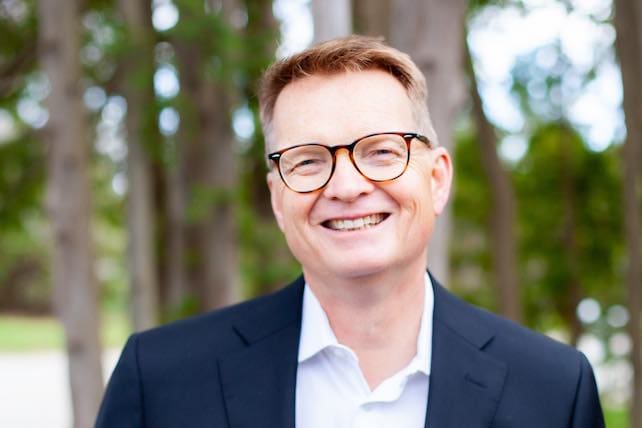One of the consequences for pastors relates to giving. “You’re a pastor five years from now. Thirty percent of your church is unemployed and they’re all white collar and they’re your best givers,” said Nieuwhof. “And it’s not that their firm closed. Their industry was wiped out. What do you do? The answer is nobody knows.”
“I’m an optimist…And I would like to live in a world where you wake up and there are no wars and there’s peace everywhere and everyone’s getting along. We don’t live in that world,” Nieuwhof pointed out. “And the likelihood of there being a white collar bloodbath is pretty significant.”
“You know, in the last two weeks, as we’re…doing this interview, Sora got released,” he mentioned. Sora is an AI-powered video generation model from OpenAI that creates short videos from text prompts. “If you’ve seen some of the videos done by Sora,” said Nieuwhof, “it’s pretty amazing. The line between truth and unreality is thinner than ever.”
This point leads to another set of challenges for pastors. “It’s a problem for pastors,” Nieuwhof observed, “in that someone can create a deepfake which is indistinguishable from reality of you, as an average pastor, for free, that has you saying things you never said, meaning things you never meant, and doing things you never would do.”
“What happens with that?” he asked. “I don’t know. What happens if half your church believes the deepfake and not you?”
Nieuwhof also mentioned the “crisis in discipleship.” Something that is happening now is people are making AI-generated videos of people who are dead. “When you have deepfakes,” he said, “and Dallas Willard, who’s been dead now for over a decade, ends up saying things on video he never said, how do you distinguish? We don’t know.”
Another concern is “the arms race between good and evil,” said Nieuwhof.
“I was talking to somebody involved in cyber security last night, and it is a daily race to try to make sure that the good guys can beat the bad guys,” he said, “the people who are trying to extort your grandparents and parents, the people who are trying to bust your bank account…there is a real arms race going on between good and evil. That’s an escalation.”
Nieuwhof then raised a concern also noted by Dr. Ed Stetzer, editor-in-chief of Outreach Magazine and dean of the Talbot School of Theology, who also attended the hackathon and spoke to ChurchLeaders the previous day. When asked if there are dangers involved in using AI that pastors are unaware of, Stetzer replied, “I think so. I think, for example, right now…there are a lot of young men who are creating their AI companions.”
RELATED: Ed Stetzer Challenges Believers To Think and Act ‘Christianly’ When It Comes to AI
“I think that one of the things that we need to be aware of is, there is a significant, growing group of people who are isolated from society who are finding an AI relationship,” said Stetzer. “I think that’s now a mainstream issue. And so I think pastors may not be aware of that.”
Nieuwhof agrees. “I would say the other thing that people are really going to feel about the impact of AI, and we’re already feeling it with some of the first very tragic cases,” he said, “is the problem of what I’m calling ‘artificial intimacy’ and others have called artificial intimacy.”

